Bloomberg's report on the meager number of F-16 aircraft that will be delivered to Ukraine in the near future (6 by the end of summer and 20 by the end of the year, while Zelensky stated the need for 128 aircraft) crowned a whole stream of disappointing news for Ukraine from Western partners.
This week, we recall, began with tragic events, when after the Russian strike on Kyiv more than 30 people died and a children's hospital was destroyed Okhmatdet. The attack came just before the NATO summit in Washington. And so there were strong expectations in Ukraine that the Russian attack would stimulate a sharp increase in support from the West. However, things turned out differently.
The deliveries of new air defense systems were indeed announced. However, they were planned earlier. But Kyiv received a refusal on three strategically important issues.
Firstly, Ukraine never received an invitation to join NATO, and the final declaration of the summit merely repeated once again that this accession would happen someday – when the war ends and certain conditions are met.
Secondly, The US, including through President Biden, has refused to give permission for long-range missile strikes deep into Russia. True, the Pentagon said this evening that this position could change in the future. But it has said something similar before. However, permission has still not been received.
Third, Washington announced that NATO air defenses will not shoot down Russian missiles over western Ukraine, something Kyiv also requested.
The Western press writes that weapons are arriving in Ukraine very slowly, and therefore a Ukrainian offensive (about the preparation of which there has been much talk lately for the coming months) is unlikely to be possible before the end of the year. And the news about the deliveries of a small number of F-16s, which are currently being planned, confirms these conclusions. There was great hope for these aircraft in terms of preparing for the offensive. But it is clear that neither 6 nor 20 aircraft will be able to turn the situation on the front.
This is far from the first “brakes” that the West has demonstrated and which have outraged many in Ukraine. There are various versions about the reasons for this phenomenon. There is a theory, for example, that the West is thus pushing Ukraine to negotiate with Russia. Although there is no objective evidence to support this.
And in the Russian Federation, the popular version is that all these reports about “slowdowns” are a military trick, to lull Moscow's vigilance (and in reality, deliveries are in full swing and in greater quantities than officially announced), or as an element of pressure on Western governments to step up aid (and this often works).
However, it is obvious that there are problems with deliveries, and weapons are not being sent in the quantities and not as quickly as Ukraine requests. And there is a completely objective, rather than conspiratorial, explanation for this – the West's fear of a direct clash with the Russian Federation, which could quickly escalate into a nuclear war. Especially since hints about this are constantly coming from Russia. And any steps that could lead to such a clash, even theoretically, are being slowed down.
This approach irritates many in Kyiv, but it is understandable – few in the West want to risk facing the prospect of a nuclear apocalypse. Plus, there is a political and opportunistic factor – on the eve of the US elections, Trump constantly accuses Biden of leading the world to a world war. And therefore the White House does not want to give its opponent additional arguments.
Therefore, the current leaders of NATO countries (Biden and Co.) adhere to the strategy of “supporting the war on a slow fire” – to provide assistance sufficient to prevent the defeat of the Ukrainian army, but in such a volume as not to provoke the Russian Federation to strike at the West itself. The calculation is that sooner or later the hardships of wartime and the effect of sanctions will undermine Russia's ability to wage war, provoke internal upheavals, destabilize the Russian government, depriving it of the will to use nuclear weapons. After which the Russian Federation can be forced to accept peace conditions acceptable to Ukraine and the West.
Plus, a long war helps the Americans solve more strategic problems without directly participating in military actions – tying up Russian forces, forcing them to concentrate in Ukraine, strengthening the unity of the global West, setting Europe and China at odds, and helping to persuade the public to increase military budgets. However, this strategy is also very risky for Ukraine and the West.
Firstly, No one knows how long to expect the new “time of troubles” to come in Russia and whether it will come at all.
Secondly, If the Kremlin senses that the situation is getting worse for it, it may begin to act preemptively, itself bringing the situation to the brink of a direct clash with NATO and nuclear war.
Third, “a slow-burning war” threatens to bleed Ukraine dry first and foremost, as its resources are far from limitless. After which the Ukrainian resistance may collapse.
An alternative to both a “slow-burning war” and a direct clash between Russia and NATO with the threat of nuclear war could be a speedy end to military actions on some compromise terms. True, for now the positions of Ukraine and the West on one side, and Russia on the other, are extremely far from each other. And it is very difficult to imagine how they can be combined at this stage.
However, given the understanding that both alternatives to a quick peace are equally bad for everyone (a long war between Ukraine and Russia with huge risks for both countries, or a world war), sooner or later, perhaps, a chance to reach an agreement will present itself.
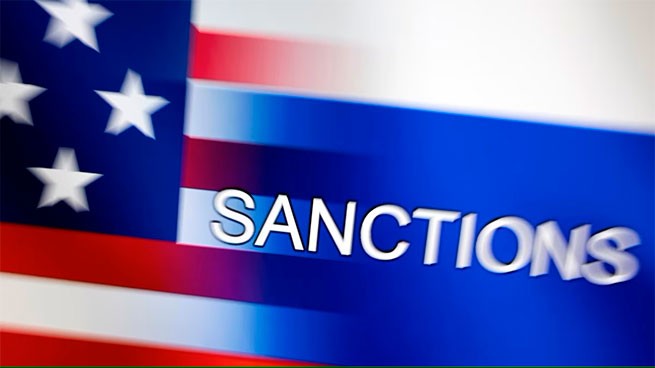
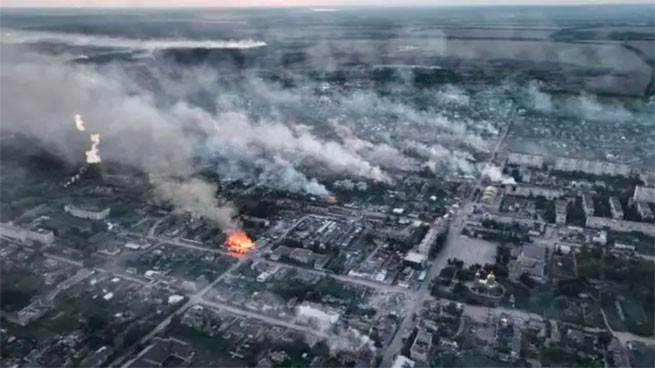

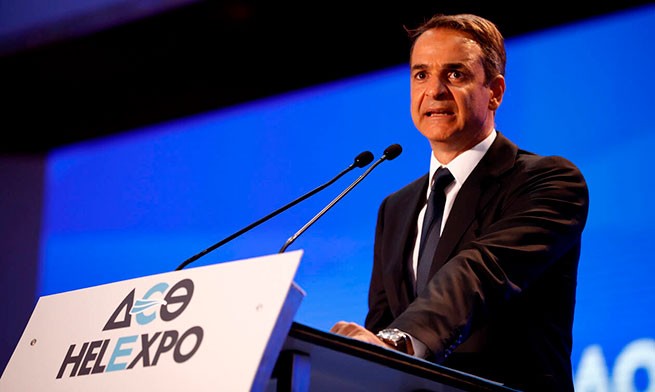
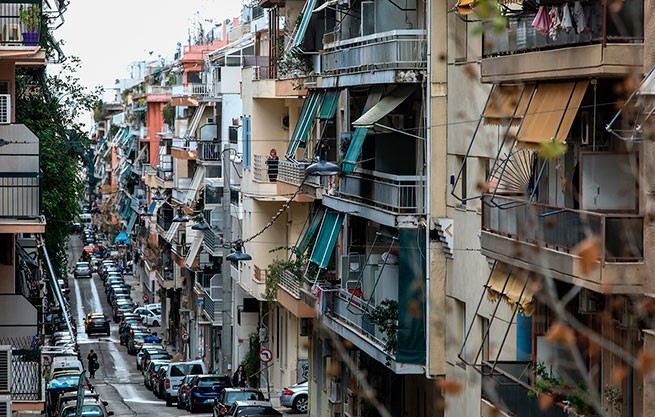
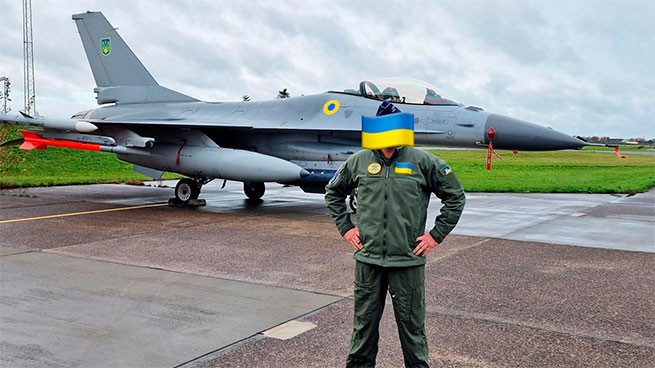

More Stories
Is peace possible in Ukraine this fall?
Der Spiegel: “How the Kursk invasion divides Russians”
Pentagon on Strikes on Russia (Video)